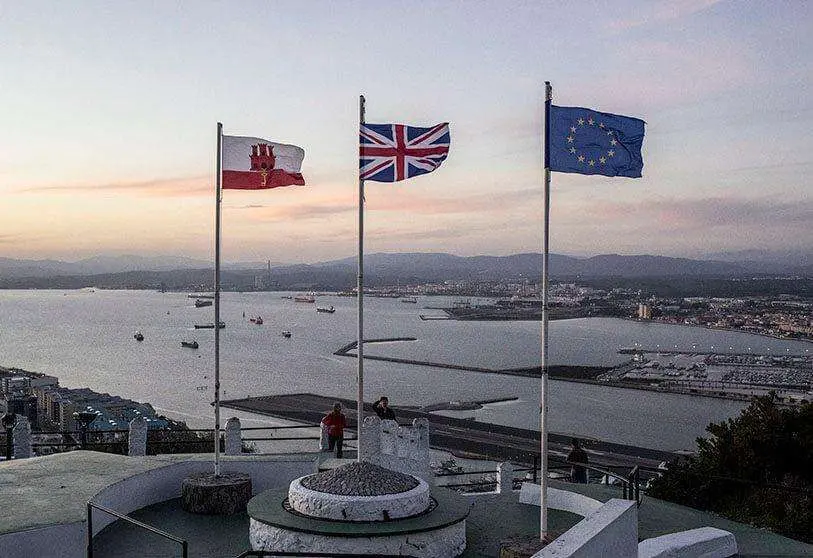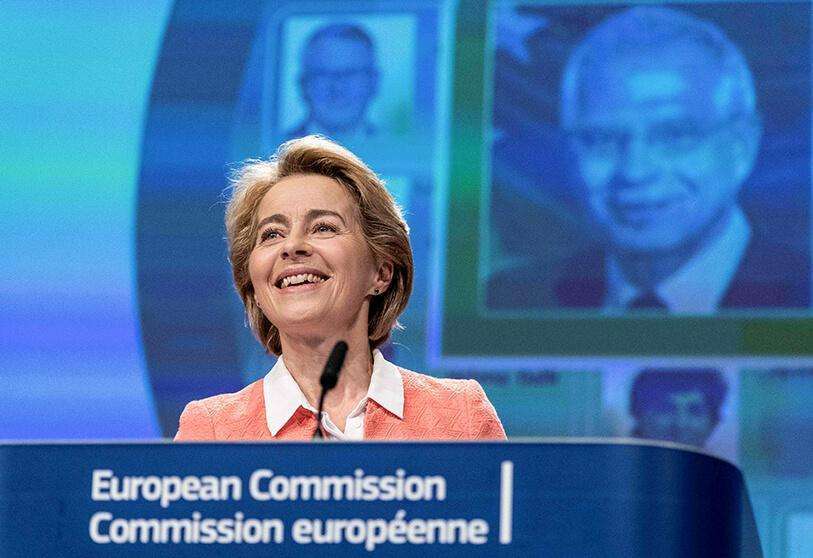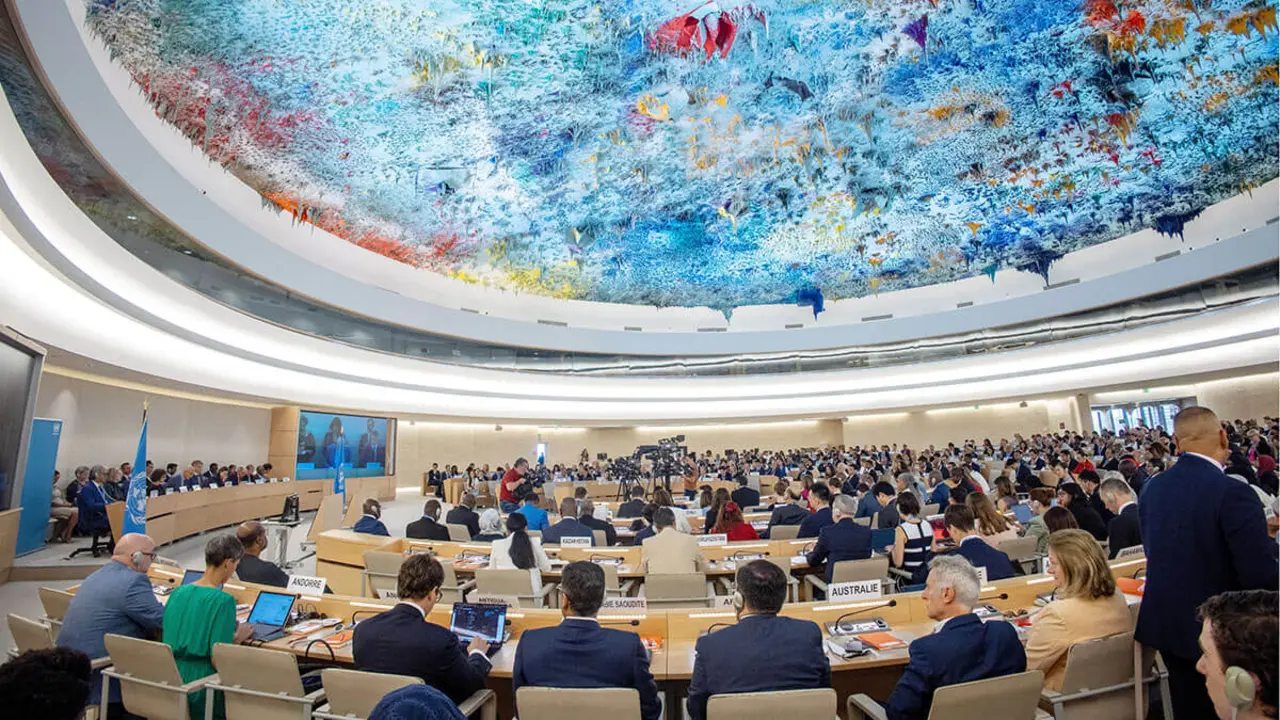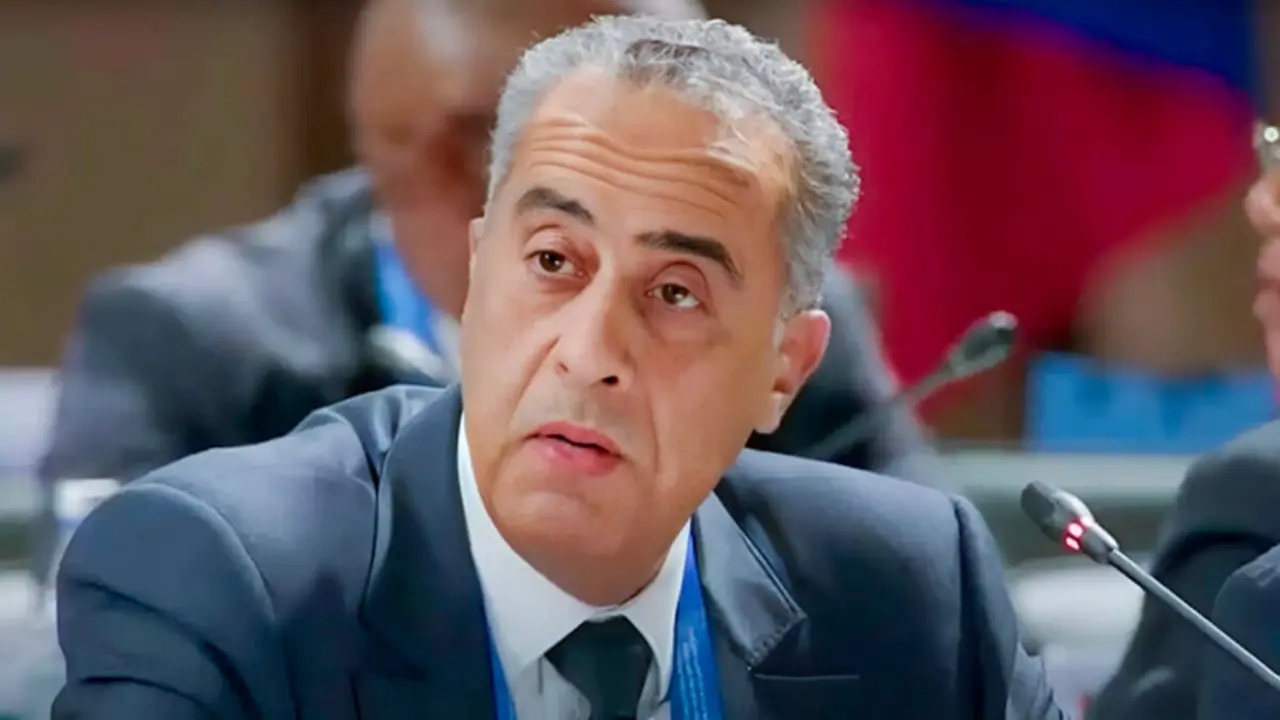The European Union definitively approves the Gibraltar negotiating mandate

On Tuesday, the European Union (EU) definitively approved the mandate for the European Commission (EC) to negotiate with the United Kingdom the agreement on the situation in which Gibraltar will be left after Brexit, EU sources informed the EFE news agency and later confirmed by the Council.
The final approval was given by the EU's economy and finance ministers at the meeting in Luxembourg, in a merely formal procedure after the ambassadors of the Member States had already given the green light to the negotiating mandate on Friday.
Despite the diplomats' approval, the ministers' approval was essential for negotiations between Brussels and London to begin.
The European Council, which brings together the member states, indicated in a communiqué that this Tuesday it adopted "a decision authorising the opening of negotiations for an agreement between the EU and the United Kingdom on Gibraltar, as well as the negotiating directives".

"The European Commission can now open formal negotiations with the UK on Gibraltar," it added.
The EU institution assured that the aim of the talks is to "establish a comprehensive and balanced agreement" between the EU-27 and the UK on the Rock, "taking into account the geographical situation and the specificities of this territory".
He explained that the agreement between London and Brussels on Gibraltar "must be understood without prejudice to the issues of sovereignty and jurisdiction".

On 31 December, Spain and the United Kingdom reached an agreement in principle on the Rock, but it is pending the agreement that the European Commission and the British government can reach on the situation in which Gibraltar will be left, on issues such as border transit.
For this reason, last July, the EU executive presented its proposal for negotiating guidelines.
Following the publication of the Brussels proposal in the summer, the UK considered that this document "undermines British sovereignty over the Rock" and "conflicts with the framework agreement reached with Spain" on New Year's Eve.
Gibraltar also expressed its opposition because it understood that the draft mandate left the control of its borders at the port and airport in the hands of Spain, and not of European Frontex agents, as determined in the agreement in principle reached on 31 December.

The mandate proposed by the Commission stated that the control and surveillance of the external borders would be carried out at the port, airport and waters of Gibraltar "and would be the responsibility of Spain".
The EU executive's draft did not mention Frontex, but the communiqué that Brussels released when it published its proposed mandate in July did specify that in circumstances where greater technical and operational support is needed, any member state, including Spain, may request the assistance of the European Border and Coast Guard Agency.
In any case, EU member states have been analysing the Commission's draft mandate since July and have made changes.
Diplomatic sources said on Friday that the changes are not "substantial" and hoped that the negotiations on the future status of Gibraltar between London and Brussels would last "a short time, months", although they pointed out that it would also depend "on the British". They also said they hoped the talks would begin in October.
Gibraltar was not included in the agreement on the post-Brexit relationship that London and Brussels concluded at the end of last year, so a separate agreement needs to be reached.








